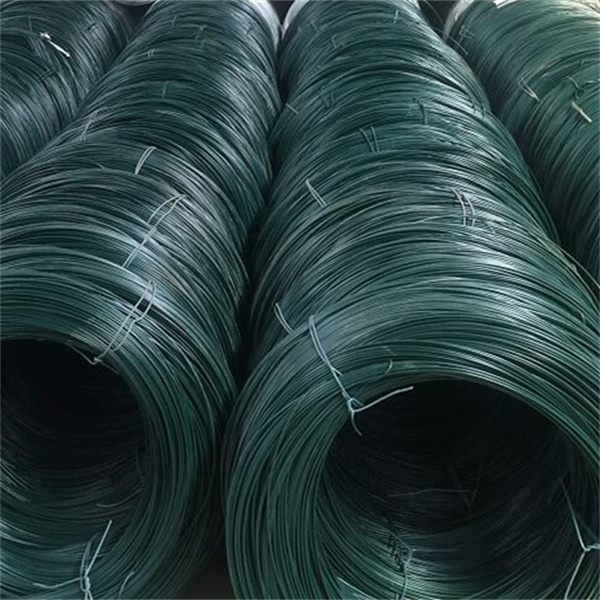Agu . 12, 2024 23:52 Back to list
Innovative Glass Gabion Wall Design Enhancing Aesthetics and Functionality in Modern Landscaping Solutions
The Allure and Benefits of Glass Gabion Walls
In the realm of modern landscaping and architectural design, glass gabion walls have emerged as a captivating and innovative feature. These structures blend aesthetics with functionality, offering numerous advantages for both residential and commercial applications.
What is a Glass Gabion Wall?
At its core, a gabion wall is a structure made of wire mesh containers that are filled with various materials, typically stones or rocks. When we introduce the element of glass, we see a transformation in the perception and use of these walls. Glass gabion walls utilize transparent or translucent glass pieces instead of traditional fillers, allowing for a unique interplay of light and space while retaining the structural integrity and durability of conventional gabions.
Aesthetic Appeal
One of the most striking characteristics of glass gabion walls is their visual appeal. The use of glass, whether frosted, colored, or transparent, provides a modern and stylish touch to any environment. The walls can be designed to complement contemporary architecture or soften the lines of more traditional buildings. Additionally, the reflective properties of glass can create stunning visual effects, capturing the surrounding landscape and changing with the light throughout the day.
The versatility of glass gabion walls also allows for creative design possibilities. They can be used as boundary walls, decorative features, or even functional installations like planters or seating areas. This flexibility makes them a preferred choice for landscape architects and designers looking to enhance the beauty of outdoor spaces.
Environmental Benefits
glass gabion wall

Beyond their aesthetic qualities, glass gabion walls also offer significant environmental benefits. By utilizing recycled glass, these walls promote sustainability and contribute to reducing waste. The use of local materials in the construction of these walls supports local economies and minimizes transportation costs and carbon emissions.
Moreover, glass gabion walls can be designed to incorporate plants or vines, allowing for green spaces that contribute to biodiversity. This combination of hardscape and landscape elements creates a habitat for various species, promoting ecological balance.
Practical Advantages
The practicality of glass gabion walls cannot be overstated. They are highly durable and resistant to environmental factors such as water, wind, and extreme temperatures. This resilience ensures that they can withstand the test of time with minimal maintenance compared to traditional fencing or wall options.
Furthermore, the visible transparency of glass gabion walls can enhance safety and security. Unlike solid walls that create blind spots, these structures allow for visibility, making them ideal for both residential properties and commercial spaces. This quality not only deters potential intruders but also enhances the overall aesthetic feel of an area by eliminating the feeling of enclosure.
Conclusion
In summary, glass gabion walls represent a fusion of artistic design and practical application. Their aesthetic versatility, environmental benefits, and structural durability make them a compelling choice for anyone looking to enhance their outdoor space. Whether you are a homeowner aiming to create a stunning garden area, or a developer looking to incorporate modern elements into a commercial property, glass gabion walls offer a unique solution that is both beautiful and functional. As trends continue to evolve toward sustainability and contemporary aesthetics, the appeal of glass gabion walls is poised to grow, making them an exciting option for future projects.
-
HESCO Gabion Baskets for Coastal Erosion Prevention
NewsAug.22,2025
-
Longevity and Durability of River Rock Gabion Walls
NewsAug.22,2025
-
How to Integrate Gabion 3D Walls in Urban Planning
NewsAug.22,2025
-
Reno Mattress Gabion Applications in Civil Engineering
NewsAug.22,2025
-
How to Install Wire Mesh for Gabion Baskets Properly
NewsAug.22,2025
-
Best Materials for Filling a Chain Link Gabion
NewsAug.22,2025
-
Wire Mesh Thickness Impact on Gabion Wall Load Bearing
NewsAug.12,2025






